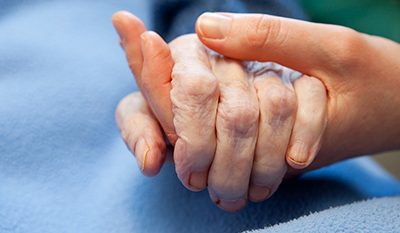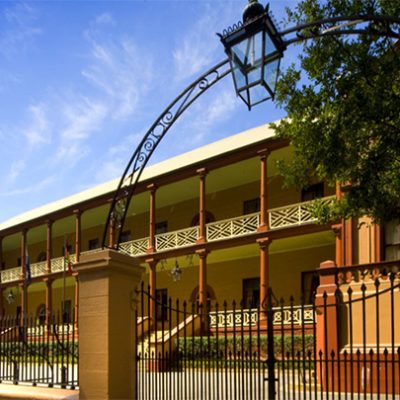
Pro-euthanasia advocates are calling for Victoria’s assisted dying laws to be overhauled, arguing it’s time the state is brought into line with others that have implemented more lenient rules. Source: The Age.
But not everyone agrees, including an emergency physician and the state’s Opposition Leader, who expressed concern about the erosion of important safeguards in place since June 2019.
The renewed debate comes after Cherryl Barassi, the widow of AFL great Ron Barassi, spoke about not qualifying for help under the current framework.
St Kilda GP Nick Carr, who has identified himself as Ms Barassi’s doctor, said Victoria’s so-called gag clause, which prevents doctors from broaching the topic of voluntary assisted dying unless the conversation is initiated by the patient, needed to be scrapped.
Western Australia’s assisted dying scheme came into effect two years after Victoria’s and has no such prohibition on doctor-initiated discussions.
Elsternwick’s Harley Powell, from Doctors for Assisted Dying Choice, said Victoria should follow the ACT and drop the six-month life expectancy rule for non-neurodegenerative diseases.
But emergency physician and former Australian Medical Association president Stephen Parnis said he had strong reservations, particularly for patients vulnerable to exploitation by family members.
“The stakes are clearly so high that, if we get this wrong, then we have a wrongful death,” Dr Parnis said.
“There is so much attention on the practice of assisted dying that it has, I think, undermined and delayed improvement in the provision of palliative care – which should be more available and understood by the wider population. That can help so many more people.”
Victorian Opposition Leader John Pesutto said he believed the state’s assisted dying laws should stay as they are.
“One of the challenges you face is that once you start to undo the safeguards that are in place, where does it end? It can’t just be a system that’s allowed to unravel.”
FULL STORY
Cherryl Barassi’s doctor says he should be allowed to raise assisted dying with patients (By Broede Carmody, The Age)






